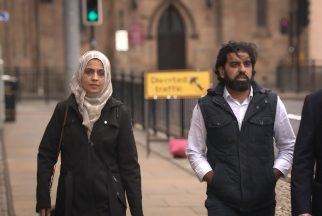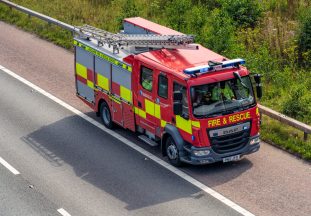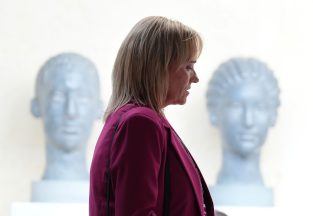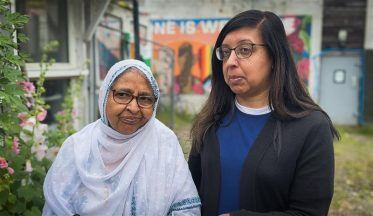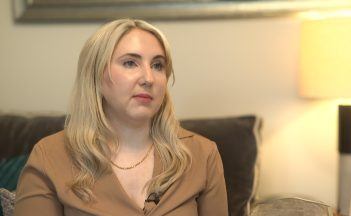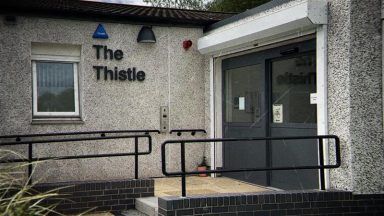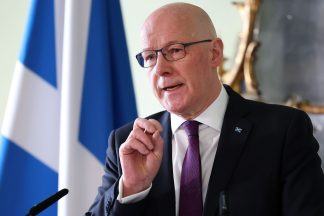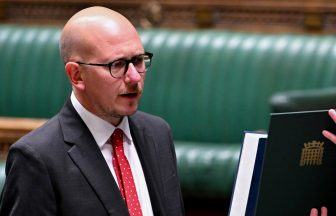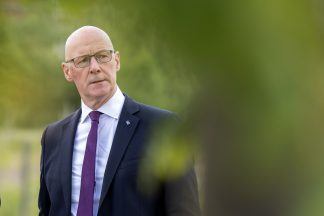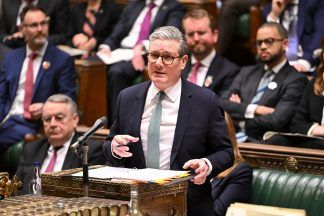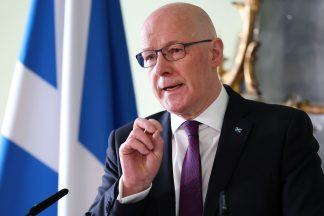A pilot into a citizen’s basic income (CBI) is desirable but would be challenging, a study group has said.
For the last two years, Fife, North Ayrshire, City of Edinburgh and Glasgow councils as well as NHS Health Scotland have collaborated on whether or not CBI would be feasible.
The concept of CBI was that every person, regardless of existing benefits or income, was given an unconditional, regular payment.
The Scottish Government provided £250,000 to support the feasibility work in Scotland.
Led by the CBI feasibility study steering group, a proposed model was developed for a pilot to try and understand what impact it could have on poverty and inequality.
The final draft report will go through the formal democratic process to discuss and debate the findings before being formally passing to the Scottish Government at the end of the month.
Paul Vaughan, head of communities and neighbourhoods at Fife Council and member of the steering group, said the report “comes at a time of unprecedented socioeconomic challenges”.
He added: “Given the stubborn persistence of unacceptable levels of poverty and inequality in our society, it’s important that we consider innovative solutions.
“We are clear that a pilot of basic income is desirable and we have described how and what would need to be done for this to happen.
“However, we also recognise that, at this time, it’s not currently feasible to progress to a pilot due to the very complex legislative, technical and delivery challenges associated with the institutional arrangements needed for a pilot.
“If these barriers are to be overcome, sustained support across all levels of government (local, Scottish and UK) for the duration of the pilot and evaluation will be needed.”
The steering group has a model designed which would run over three years.
Fife Council co-leaders David Ross and David Alexander welcomed the report, saying: “The cross-party support for this feasibility work shows local councillors understand the suffering that vulnerability, inequality and precarious employment have on the lives of individuals, families and children.
“The impact of Covid-19 across our communities has also highlighted the fragility of people’s lives and the differing ability to respond to changing events.
“Our work through the pandemic has shown that over 100,000 people (nearly a third of the population) have vulnerabilities that would potentially require extra support.
“At this time it cannot be right that such a high proportion of the people that live in our communities cannot be sure that they can have the basics needed for living, or the basis from which to develop and fulfil their ambitions.”
Follow STV News on WhatsApp
Scan the QR code on your mobile device for all the latest news from around the country


